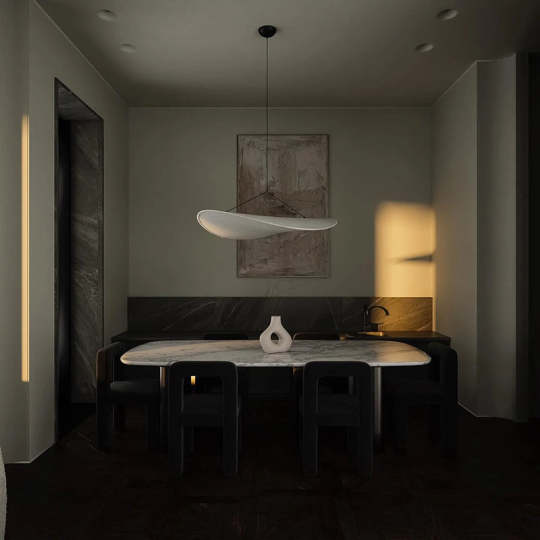Illuminate Your Space: Discover the Secrets to Perfect Living Room Lighting!
Lighting is more than just a functional necessity; it is an essential element that can dramatically alter the mood and ambiance of your living room. Whether you are looking to create a cozy nook for reading, a vibrant space for entertaining, or a peaceful retreat to unwind after a long day, the right lighting choices can make all the difference. Different types of living room lights serve unique purposes and help highlight the distinct features of your space, enhancing both aesthetics and functionality. In this article, we will explore various living room lighting options, their features, and how you can harness them to transform your living area into a warm and inviting haven.

Understanding Living Room Lighting
Living room lighting encompasses multiple layers that work together to provide a balanced and inviting atmosphere. The three primary types of lighting are ambient, task, and accent lighting. Ambient lighting serves as the foundation, providing overall illumination to the room. Task lighting is specifically designed to assist with activities, such as reading or working, offering focused light where it’s needed most. Accent lighting, on the other hand, adds visual interest by highlighting artwork, architectural features, or unique decor elements. By understanding these layers, you can create a harmonious lighting scheme that caters to the diverse needs of your living space.
Types of Living Room Lights
When it comes to illuminating your living room, there are several types of lighting options to consider:
1. Ambient Lighting
Ambient lighting is the primary source of light in a room. It includes fixtures like ceiling lights, chandeliers, and recessed lighting that provide a uniform glow throughout the space. For instance, my friend recently replaced an outdated ceiling fixture with a modern chandelier, and the transformation was remarkable. The new light not only brightened the room but also became a stunning focal point that complemented her decor.
2. Task Lighting
Task lighting is designed for specific activities. Whether it's reading, studying, or working on a hobby, having adequate task lighting is essential. Floor lamps, table lamps, and wall-mounted fixtures can all serve this purpose. I remember visiting a friend's home where she had strategically placed a stylish reading lamp next to her favorite chair. It created an inviting spot that made you want to curl up with a book, proving how effective task lighting can be.
3. Accent Lighting
Accent lighting adds depth and drama to your living room by highlighting particular features or decor. This could involve using wall sconces to illuminate artwork or spotlights to draw attention to architectural details. A colleague of mine recently installed LED strip lights behind her television, which not only provided subtle backlighting but also enhanced the overall viewing experience, demonstrating how accent lighting can elevate a space.
Choosing the Right Lighting for Your Space
Selecting the right lighting for your living room involves considering various factors such as room size, color scheme, and furniture arrangement. A large room may benefit from multiple sources of ambient light to ensure the space feels cohesive and well-lit. Conversely, smaller rooms can often feel more intimate with a single statement fixture. Additionally, think about the mood you want to create. Warm-toned bulbs tend to foster a cozy atmosphere, while cooler tones can make the space feel more energetic and vibrant. Don't hesitate to experiment with different types of lighting; layering various sources can help you achieve the perfect balance.
Energy Efficiency and Lighting
As we become more conscious of our environmental impact, energy efficiency in lighting has gained prominence. Options like LED bulbs not only consume less energy but also last significantly longer than traditional incandescent bulbs. This translates to savings on your electricity bill and a reduced carbon footprint. A friend of mine recently made the switch to LED lighting in her living room and was pleasantly surprised by how much brighter and inviting her space looked, all while being more energy-efficient. Choosing energy-efficient lighting options is a win-win for both your wallet and the planet.
Enhance Your Living Room with Optimal Lighting Choices
In summary, the right living room lighting can dramatically enhance your space, creating an environment that is both functional and aesthetically pleasing. By understanding the different types of lighting and how to layer them effectively, you can tailor your living room to suit your personal style and needs. Whether you prefer a relaxed, cozy ambiance or a lively, vibrant atmosphere, experimenting with various lighting options will help you find the perfect balance. So go ahead, illuminate your space, and let your personality shine through your lighting choices!











